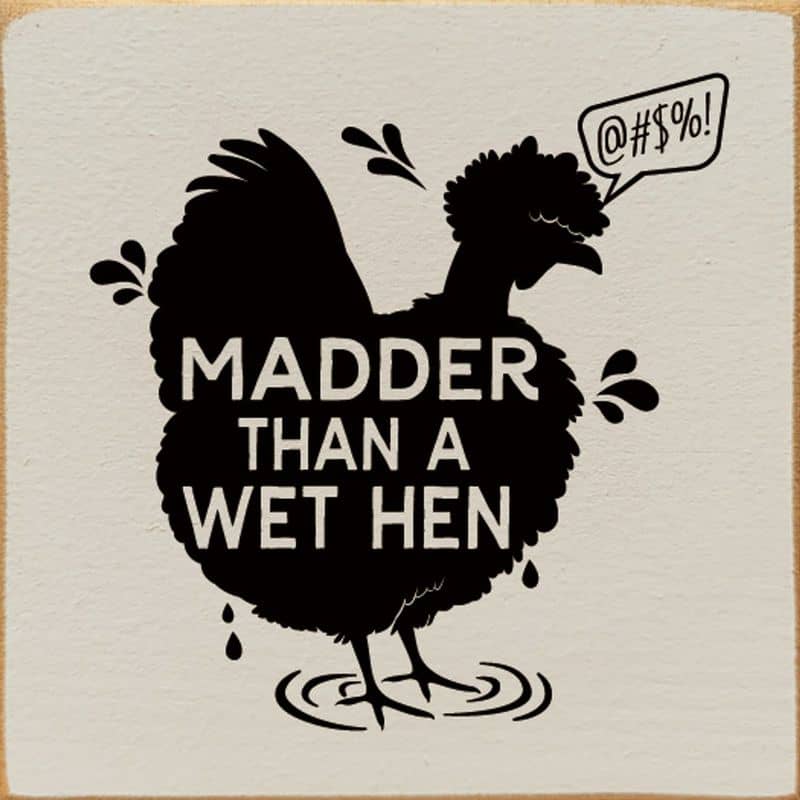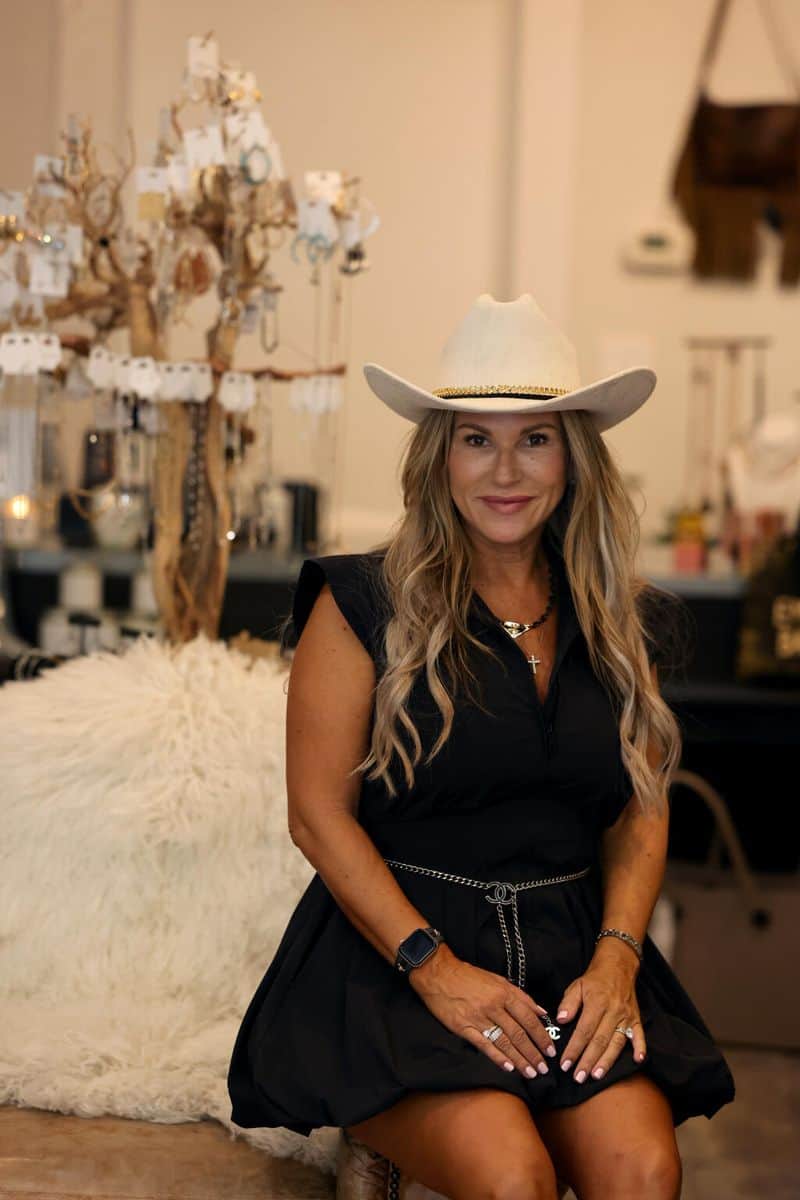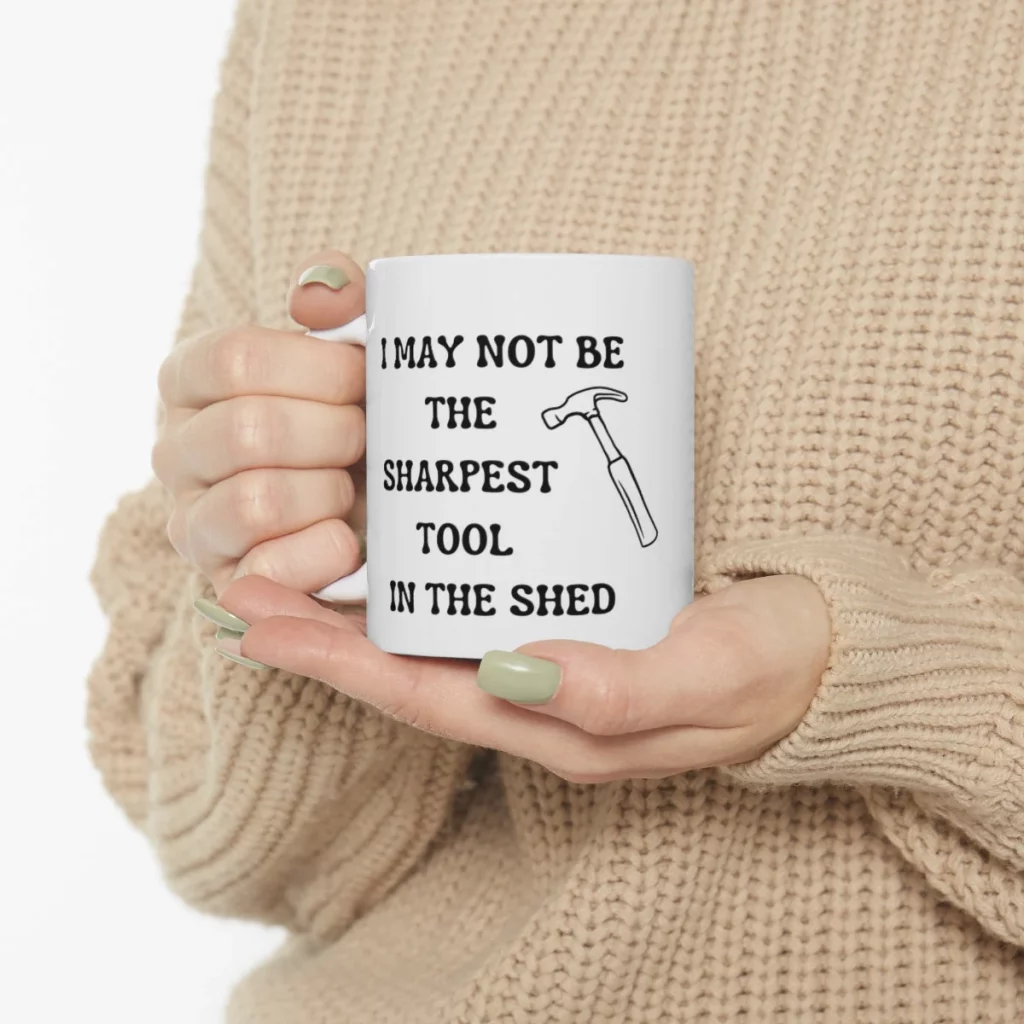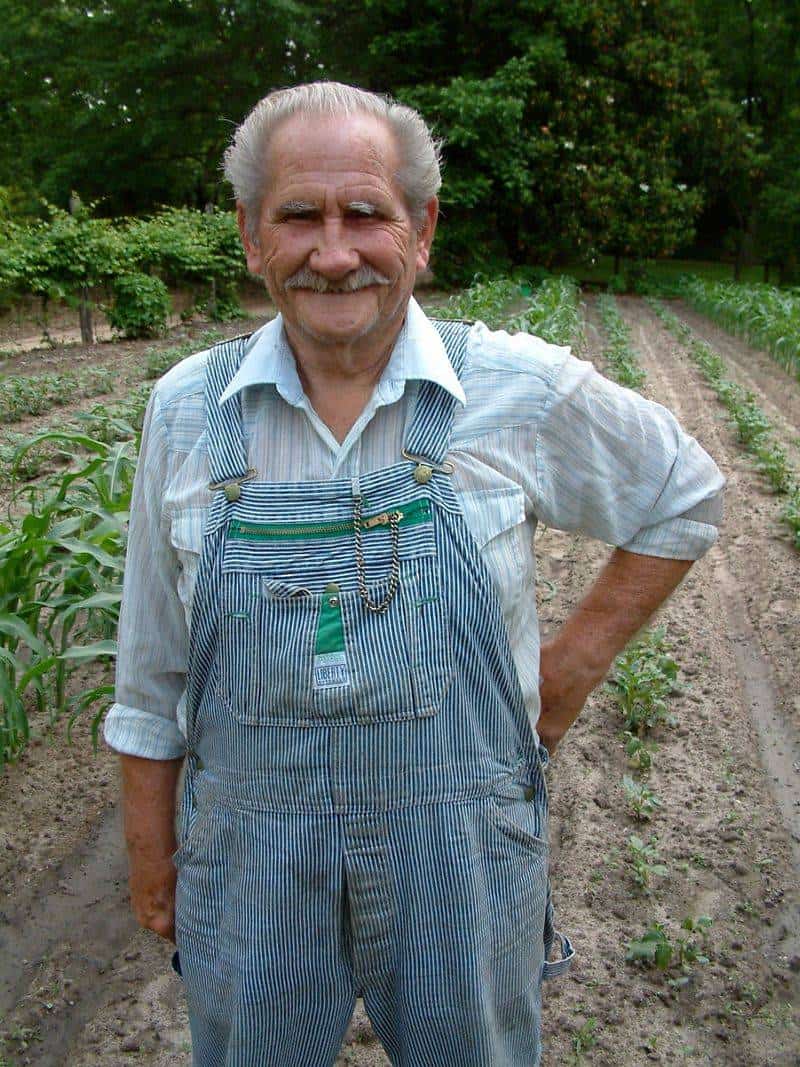Growing up in the South, you may have heard your grandparents or older relatives use a variety of colorful expressions. These Southern sayings are more than just words; they’re windows into a culture rich with history, humor, and wisdom.
Each phrase carries its own unique story, teaching us about life’s ups and downs, often with a dash of wit. For older generations, these sayings were a part of everyday life, offering insights and advice wrapped in humor and charm. Understanding these expressions not only connects us to the past but also enriches our conversations today.
1. Bless your heart

“Bless your heart” is a quintessential Southern phrase often used in various contexts. It’s a multifaceted saying, sometimes expressing genuine sympathy, and at other times, a polite way to dismiss someone’s naivety. In essence, it’s a verbal hug. Imagine your grandmother’s gentle voice, using those words to offer solace after a minor mishap. However, be cautious; it’s also employed with a hint of sarcasm. For instance, when someone makes a questionable decision, this saying might soften the indirect critique. Thus, the next time you hear it, listen closely to the tone, as it holds the true sentiment.
2. Over yonder

“Over yonder” is a directional phrase deeply rooted in Southern dialect. It’s a charming way to indicate a place that’s somewhat far yet within sight or understanding. Picture an elder pointing toward the horizon, explaining where a beloved fishing spot lies. This saying reflects a laid-back lifestyle, where time seems slower, and distances are more about feelings than actual measurements. It’s not just about location; it’s a reminder of the region’s storytelling tradition, where every journey has its tale. So, when asked about directions and you hear “over yonder,” prepare for a narrative adventure.
3. Fixin’ to

“Fixin’ to” is a classic Southern idiom that signifies an intention to act soon. It’s not immediate but suggests that something’s about to happen. Imagine a grandfather slowly rising from his rocking chair, saying he’s “fixin’ to” mow the lawn. It encapsulates the unhurried Southern lifestyle. This expression also indicates preparation, as if gearing up mentally before commencing a task. It’s a gentle reminder that life’s pace in the South is more relaxed, valuing moments of contemplation before action. So next time you hear it, know that something’s on the horizon, just not quite yet.
4. Madder than a wet hen

“Madder than a wet hen” is a vivid Southern saying describing someone who’s extremely angry. This phrase paints a humorous picture of a soaked, disgruntled hen, feathers ruffled in frustration. It captures the essence of Southern humor, where even expressions of anger are delivered with a touch of whimsy. Imagine a neighbor describing a friend who’s just had a bad day, using this phrase to lighten the mood. It’s a reminder that in the South, even intense emotions are viewed through a lens of lightheartedness. So next time you’re upset, remember this saying and try to find the humor in the situation.
5. Full as a tick

“Full as a tick” is a Southern way of expressing contentment after a hearty meal. Imagine finishing a grand family feast, with plates piled high with fried chicken, greens, and cornbread. This saying likens the feeling to a tick that’s had its fill, humorously hinting at overindulgence. It’s a reflection of the Southern appreciation for good food and the joy it brings. When someone says they’re “full as a tick,” it’s a celebration of satisfaction, signaling that the meal was wholesome and fulfilling. It’s a delightful way to express the bliss of sharing food with loved ones.
6. Can’t never could

“Can’t never could” is a motivational Southern saying emphasizing the power of a positive mindset. This phrase teaches that doubting one’s abilities ensures failure, while believing fosters potential. Picture a wise elder, offering this advice to a child struggling with a new task. It embodies the Southern spirit of resilience and determination. The saying encourages perseverance, suggesting that attitude shapes outcomes. It’s a gentle nudge, reminding us that defeatist language limits possibilities. So, when faced with challenges, remember “can’t never could,” and embrace the belief that you can achieve more than you think.
7. Hush up

“Hush up” is a gentle yet firm Southern way of asking someone to be quiet. This phrase is often delivered with warmth, like a grandmother calming a rowdy grandchild. It’s less about silencing and more about creating a moment of peace. Imagine the soft drawl, almost musical, as it’s spoken. In Southern culture, it’s important to listen as much as we speak, making “hush up” a reminder of this balance. It’s a polite nudge to stop and reflect, valuing the silence that allows us to hear and understand more deeply. So next time you hear it, embrace the quiet.
8. Hold your horses

“Hold your horses” is a classic Southern saying urging patience. It’s often used when someone is rushing or acting hastily, reminding them to slow down. Picture a farmer guiding a spirited horse, using gentle restraint to maintain control. This phrase reflects the Southern appreciation for measured actions and thoughtful decision-making. It teaches that sometimes, pausing and considering our next move can prevent unnecessary mistakes. It’s a reminder that life’s pace, like the South’s, is best savored slowly. So, when you’re feeling hurried, remember to “hold your horses” and take a breath before proceeding.
9. In high cotton

“In high cotton” is a Southern expression meaning prosperity and success. It’s derived from the image of a cotton field full and ready for harvest, symbolizing wealth. Imagine standing amid rows of tall, white cotton, feeling the abundance surrounding you. This saying captures the optimism of good times, when life’s challenges seem distant. It’s a celebration of achievement and the rewards of hard work. In the South, being “in high cotton” means you’re enjoying a period of plenty and satisfaction. It’s a joyful reminder of the fruits of labor and the cycles of fortune.
10. He’s not the sharpest tool in the shed

“He’s not the sharpest tool in the shed” is a playful Southern way of saying someone lacks intelligence or common sense. This expression uses farm imagery to gently tease without malice. Picture a toolshed with various implements, some more worn than others. This saying captures Southern humor, emphasizing affection even in jest. It’s a reminder that we all have strengths and weaknesses, and it’s okay to laugh at our quirks. In the South, such phrases are often used among friends to keep conversations light-hearted. So, if you hear it, smile and appreciate the humor.
11. Like a cat on a hot tin roof

“Like a cat on a hot tin roof” describes someone who’s anxious or restless. This vivid Southern image captures the unease of a cat trying to navigate a hot, slippery surface. Imagine the rhythmic sound of paws skittering on metal, evoking a sense of urgency. This saying reflects Southern storytelling, using colorful imagery to express emotion. It’s often used to describe someone unable to sit still, perhaps due to excitement or nerves. In the South, where storytelling is an art, such expressions add flair to conversations. So, when feeling jittery, remember this phrase and embrace the vivid imagery.
12. Too big for his britches

“Too big for his britches” is a Southern way of saying someone is overconfident or acting beyond their abilities. It humorously points out when someone’s self-esteem overshadows their actual skills. Picture a child in oversized pants, strutting with exaggerated pride. This saying reflects the Southern value of humility, reminding us to stay grounded. It’s often used to gently bring someone back to reality, ensuring they remember their roots. In the South, where community is key, maintaining humility strengthens bonds. So, if someone says you’re “too big for your britches,” take a moment to reflect and recalibrate.
13. Slow as molasses in January

“Slow as molasses in January” is a humorous Southern way to describe something exceptionally slow. This phrase paints a vivid picture of thick molasses moving sluggishly in the cold. Imagine a Southern winter morning, frosty and calm, where time seems to stretch. This saying captures the Southern patience and acceptance of life’s slower rhythms. It’s often used to describe a person or situation that seems to drag on interminably. In the South, where life is savored leisurely, such expressions remind us to embrace the slow moments, finding joy in the simplicity and tranquility they bring.
14. Mind your Ps and Qs

“Mind your Ps and Qs” is a Southern phrase urging good manners and attentiveness. It likely originated from teaching children the alphabet, emphasizing neat handwriting. Imagine a classroom where the teacher encourages students to be polite and mindful. This saying embodies the Southern emphasis on courtesy and respect. It’s a reminder to conduct oneself with dignity and consideration, especially in social settings. In the South, where hospitality is a hallmark, such expressions reinforce community values. So, when reminded to “mind your Ps and Qs,” remember to uphold the graciousness and respect that define Southern culture.
15. Happier than a pig in mud

“Happier than a pig in mud” is a delightfully Southern way of expressing pure joy and contentment. This phrase conjures an image of a pig blissfully wallowing in mud, enjoying life’s simple pleasures. Picture a sunny day on a Southern farm, where the pig’s happiness is contagious. This saying reflects the Southern appreciation for finding joy in the everyday. It’s often used to describe someone experiencing absolute happiness. In the South, where life’s simple joys are cherished, such expressions remind us to revel in the present moment. So when you’re feeling elated, remember this saying and enjoy the mud!
16. You can’t make a silk purse out of a sow’s ear

“You can’t make a silk purse out of a sow’s ear” is a Southern saying highlighting the impossibility of turning something common into something extraordinary. It serves as a reminder that not everything can be transformed or improved. Imagine attempting to create a fancy purse from a humble pig’s ear, the futility evident in the effort. This phrase often underscores realistic expectations and acceptance of limitations. In the South, where practicality meets creativity, it’s a gentle nudge to appreciate things as they are. So next time you face an impossible task, recall this saying and find wisdom in reality.

Well, hello there!
My name is Jennifer. Besides being an orthodontist, I am a mother to 3 playful boys. In this motherhood journey, I can say I will never know everything. That’s why I always strive to read a lot, and that’s why I started writing about all the smithereens I came across so that you can have everything in one place! Enjoy and stay positive; you’ve got this!

